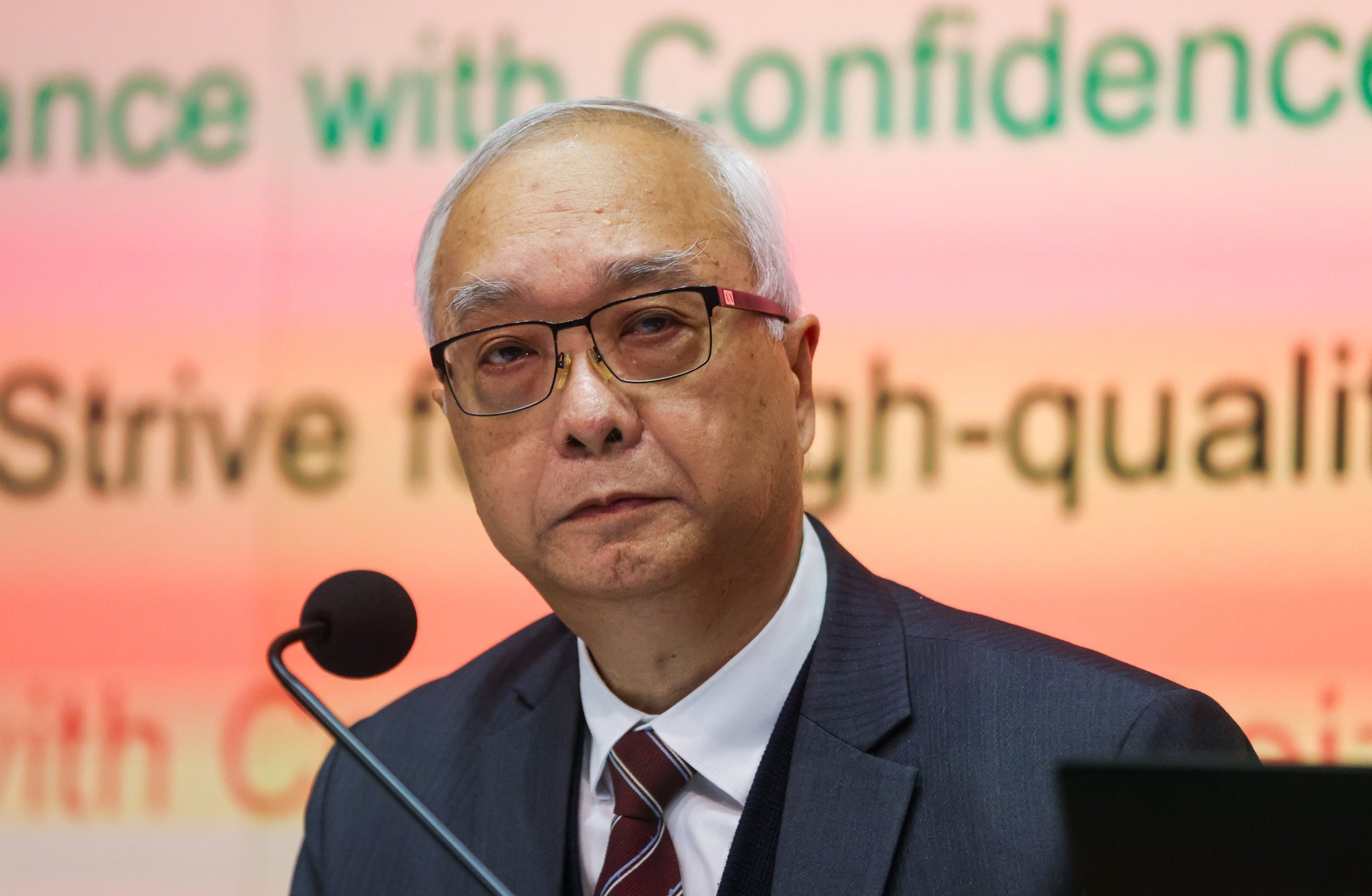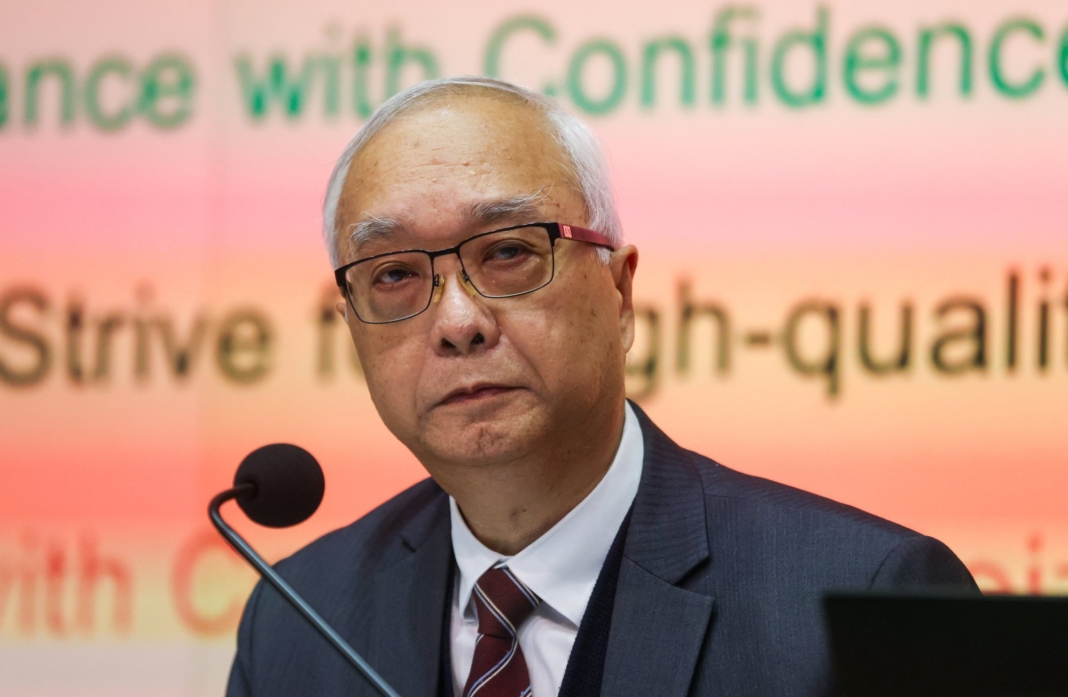He was speaking after some criticised the lack of public education on the ban in the run-up to the implementation of the first phase of the two-stage process.

Tse promised that more work would be done to help the trade get up to speed and said that penalties would only be imposed on restaurateurs who refused to fall into line with the rules.
“We will provide more assistance to them to comply with the regulatory requirements and visit them again to see if they still need any help,” he added.
Such assistance would include handing out free non-plastic tableware samples, as well as providing information on alternatives and where to source them.
The first phase of the ban will cover items such as polystyrene containers, disposable plastic straws, stirrers, cutlery or plates for dine-in and takeaway services.
Restaurants will also be prohibited from giving plastic single-use cups, cup lids or food containers to dine-in to customers.
The ban also covers products with non-plastic alternatives, such as cotton buds, umbrella covers and glow sticks.
Hotels and guest houses will also no longer be able to supply free toiletries in synthetic disposable containers or free in-room water in plastic bottles.
Hong Kong plastics ban calls for publicity, not a delay
Hong Kong plastics ban calls for publicity, not a delay
“The promotion efforts are not in-depth enough,” lawmaker Gary Chan Hak-kan said. “Regular residents and the eateries concerned share insufficient knowledge of the ban.”
Chan highlighted a January episode of panic buying of cotton buds and other items by the public, some of whom feared the products would disappear because of the ban.
“I have to criticise the government’s work on educating the public about the ban,” legislator Chan Hoi-yan said. “As a lawmaker, I was confused about the [promotional] material the bureau provides.”
Tse admitted that traditional promotional tools such as television advertisements and fliers were not enough to properly educate the public about the ban.
“We reckon that on-site visits are more effective in this regard – we will do more in the future to ensure a smooth transition and raise public awareness,” he said.
The bureau said in a paper submitted to the legislature in February that, since the end of last year, it had visited about 20,000 small and medium-sized restaurants and another 12,000 visits were expected to be carried out by the end of that month.
Hong Kong restaurants say plastic ban will cost too much to implement
Hong Kong restaurants say plastic ban will cost too much to implement
Officials are expected to visit another 7,000 small food outlets in different districts over this month and April. The paper added efforts would also be made to reinforce promotion and education about the ban.
Tse said that the government would educate businesses that failed to comply with the regulations over the transition period, which will run six months after the ban comes into force.
“Even after the transition period, our primary approach will still be persuasion and education,” he said. “Penalties will come only if there is a persistent failure to comply, despite repeated education attempts.”
The Product Eco-responsibility Ordinance gives powers to fine offenders up to HK$100,000 (US$12,800).
Tse emphasised that the law would target only suppliers of throwaway plastics, not the public.
A lack of public knowledge about the waste-charging scheme has already forced the government to delay its implementation from April 1 to August 1.
Source: scmp.com



